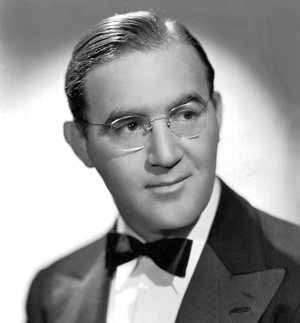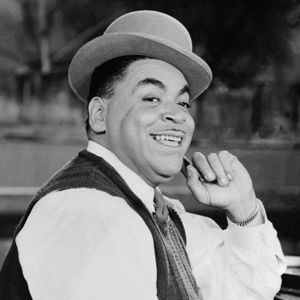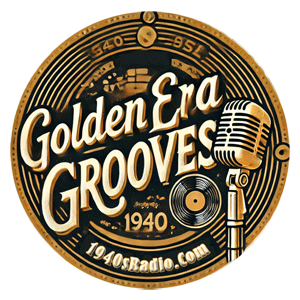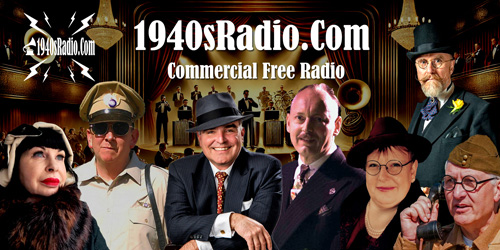 The Home of Big Band and Swing
The Home of Big Band and Swing
The Captivating era of Big Band, Swing, Jazz, and Blues
The music from the 1940s continues to enchant audiences today
The 1940s was a transformative decade for big band and swing music. These genres not only defined the musical landscape of the era but also left an indelible mark on American culture. The decade was characterised by the rise and fall of the swing era, the emergence of bebop, and the influence of World War II on music and society.
The Rise of Big Band and Swing, Jazz, and Blues
Origins and Early Popularity
Big band music, which features large ensembles with sections of brass, woodwind, and rhythm instruments, began gaining popularity in the late 1920s and 1930s. Swing, a style of jazz that emphasizes a strong rhythm and lively arrangements, became the dominant form of big band music.
By the early 1940s, big band and swing were at their peak. Leaders like Benny Goodman, Duke Ellington, Count Basie, and Glenn Miller became household names, and their orchestras epitomized popular entertainment. The music was characterised by its infectious rhythms, sophisticated arrangements, and the interplay between sections.
Key Figures and Bands
Benny Goodman:

Known as the "King of Swing," Goodman played a crucial role in bringing swing music to a wider audience. His 1938 concert at Carnegie Hall is often cited as a pivotal moment in the history of jazz.
Duke Ellington:
A prolific composer and bandleader, Ellington's orchestra was known for its innovative compositions and sophisticated sound. Hits like "Take the 'A' Train" became jazz standards.
Count Basie:
Basie's band was renowned for its rhythm section and laid-back yet powerful swing. Songs like "One O'Clock Jump" and "Jumpin' at the Woodside" exemplify his style.
Glenn Miller:
Miller's orchestra was one of the most popular of the era, known for hits like "In the Mood" and "Moonlight Serenade." His music had a broad appeal and was a staple at dances and social events.
The Impact of World War II
Wartime Influence
World War II had a profound impact on big band and swing music. Many musicians were drafted into the military, and those who remained often participated in the war effort by performing for troops and in war bond drives. Glenn Miller joined the Army Air Force Band and entertained troops in Europe before his untimely disappearance in 1944.

The war also influenced the themes of the music. Songs like "Boogie Woogie Bugle Boy" by the Andrews Sisters and "I'll Be Seeing You" captured the spirit and emotions of the time, providing a morale boost and a connection to loved ones overseas.
Decline of the Swing Era
As the war progressed, economic and social changes began to affect the music industry. The draft and wartime restrictions led to smaller audiences and reduced revenue for big bands. Additionally, a 1942-1944 musicians' strike over royalty payments led by the American Federation of Musicians resulted in a recording ban, which hindered the production of new music.
By the late 1940s, the big band era was waning. The rise of bebop, a more complex and fast-paced style of jazz led by musicians like Charlie Parker and Dizzy Gillespie, signalled a shift in musical tastes. Bebop's emphasis on improvisation and smaller ensembles contrasted with the structured arrangements of big band swing.
Legacy and Influence
Despite its decline, the influence of big band and swing music persisted. The genre laid the groundwork for subsequent styles of jazz and popular music. The technical proficiency and innovative arrangements of big band musicians continue to be studied and admired by jazz enthusiasts and scholars.
Swing music also experienced periodic revivals, most notably in the 1990s with the swing revival movement, which saw a renewed interest in the music and dance styles of the 1940s.
Conclusion
The 1940s was a defining decade for big band and swing music when the genre reached its zenith before transitioning to new forms of jazz. The music of this era not only provided a soundtrack to a tumultuous period in history but left a lasting legacy on American culture. From the dance halls of the home front to the battlefields of Europe, the sounds of big band and swing resonated deeply, reflecting a generation's hopes, dreams, and struggles.






